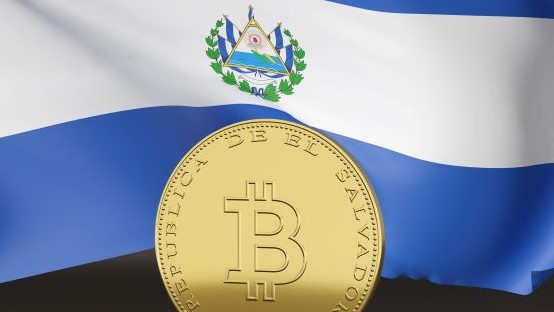September 7, 2021 will surely remain a historic date for the cryptocurrency world and time will tell if it will also remain a turning point in the economy. In fact, this date marked the adoption of bitcoin as legal tender in one country: El Salvador. The cryptocurrency will then stand alongside the country’s other official currency, the U.S. dollar.
The decision to adopt bitcoin as an additional currency has aroused opposing reactions: from the critical positions of international finance organizations to the interest of other countries willing to observe the practical developments of this decision and then evaluate whether it could be a positive choice in their own context.
The government’s motivations
President Nayib Bukele’s initiative was justified with the aim of pushing the country’s economic development and allowing citizens to save around 400 million dollars in commissions paid on remittances from the US and other countries. In fact, one-third of the population of El Salvador emigrates to other countries and then transfers part of their savings back home.
Last year, Salvadorans sent remittances worth 6 billion dollars: the equivalent of 23% of GDP.
According to Bukele, the adoption of bitcoin will reduce the burden of commissions and make it cheaper to send money with a positive leverage effect for the country’s economy.
In addition, the initiative would aim to increase financial inclusion in a country where citizens often lack access to mainstream banking services.
The law that institutionalizes cryptocurrency was approved by the Salvadoran parliament last June with 62 votes in favor out of 84. The measure requires merchants and businesses to accept bitcoin as a method of payment, under a condition of equivalence to the other official currency in the country. In addition, all prices for products and services must be expressed in both dollars and bitcoin. However, salaries and pensions, government sources pointed out, will continue to be paid in dollars.
The government announced on September 6 the purchase of the first 400 bitcoins and is installing 200 counters in the country to allow conversion between the two currencies and allow citizens to withdraw bitcoin at no additional cost.
In addition, a sort of national promotional campaign has also been put in place to bring citizens closer to the tool: the equivalent of $30 in bitcoin will be given away to anyone who uses the digital wallet provided with the Chivo app.
Within 10 days of bitcoin’s adoption, Chivo’s initial technical issues have mostly been resolved, according to Bukele, and the app is used by more than half a million citizens (the population totals close to 6.5 million).
The criticism
The adoption of bitcoin has drawn a lot of criticism both internationally and domestically.
Internationally, the World Bank refused as early as last June to help the country introduce bitcoins as legal tender, highlighting risks to transparency. Moody’s agency has meanwhile cut the country rating, while some analysts warn that bitcoin adoption could jeopardize the $1 billion loan requested from the International Monetary Fund.
The most critical opinions fear that the effect of the initiative is to fuel money laundering and the arrival of capital of illegal origin in the country. Some analysts warn of reputational damage for foreign investors.
Citizens and companies also remain skeptical about the government’s acceleration of the adoption process.
A Central American University survey revealed that only 4.8% of 1,281 respondents were aware of what bitcoin was and how it worked. Other surveys conducted by the local chamber of commerce, report that over 80% of respondents believe the currency is too volatile and therefore do not view the initiative favorably.
Conclusions
Time will tell if the Salvadoran government’s innovative move will bring the desired benefits to the country and the population. The possible negative effects of the measure will also become clear.
El Salvador’s initiative is certainly a bold move that will allow other countries and the international community, in general, to understand the impact of the large-scale introduction of a cryptocurrency as legal tender, even though El Salvador is a small country with a small economy.

